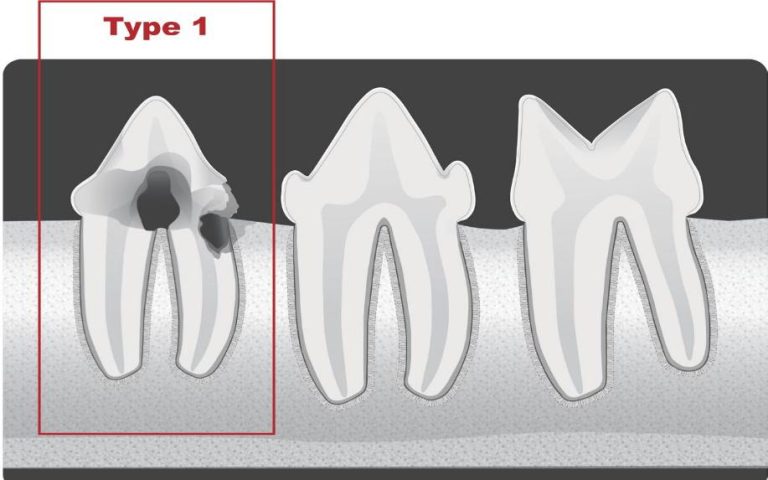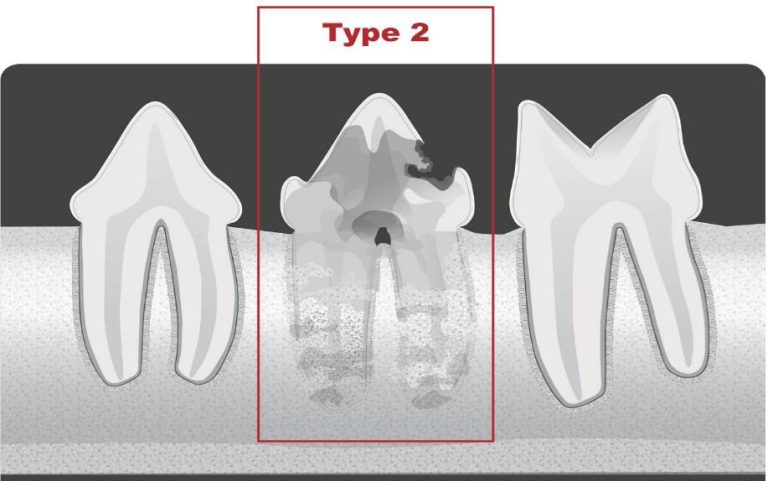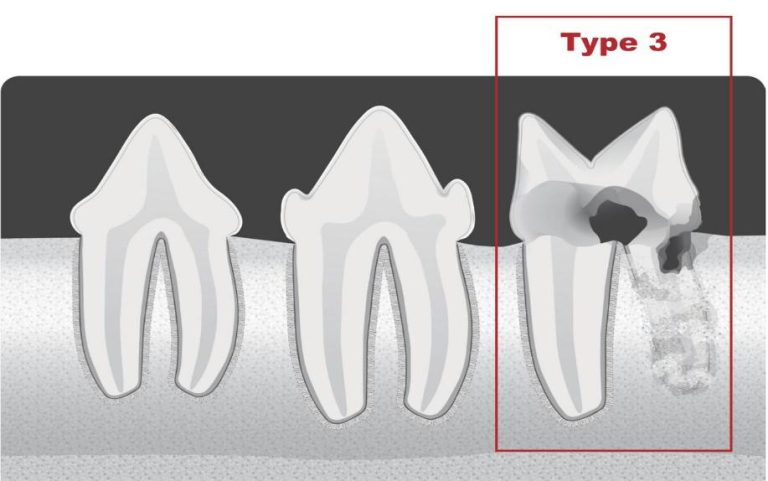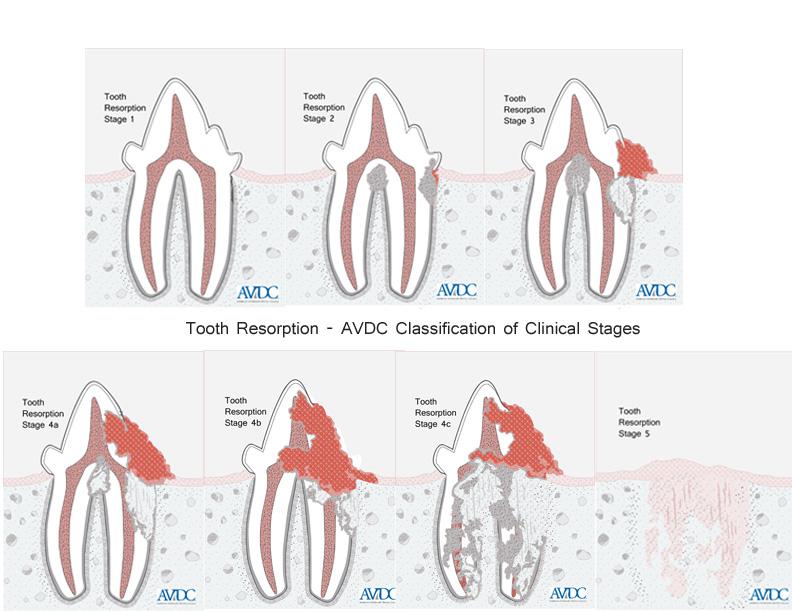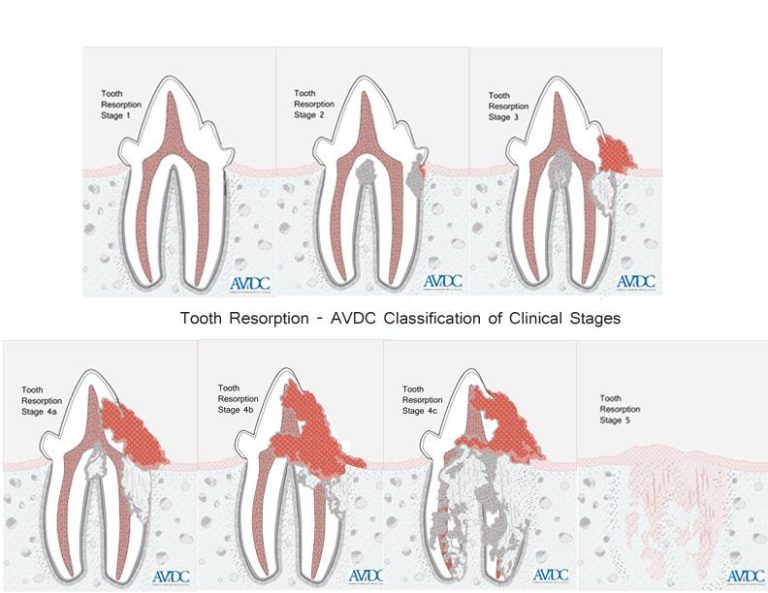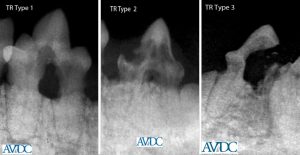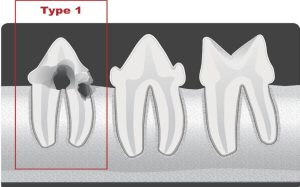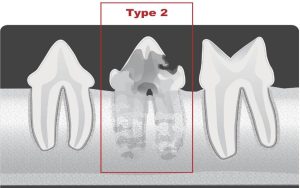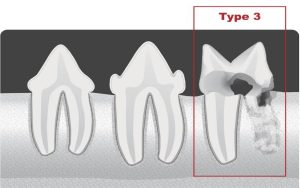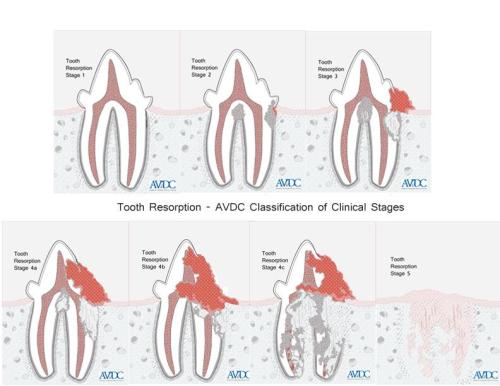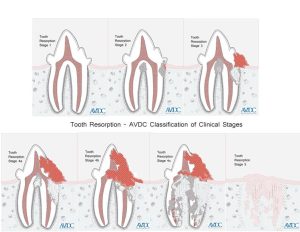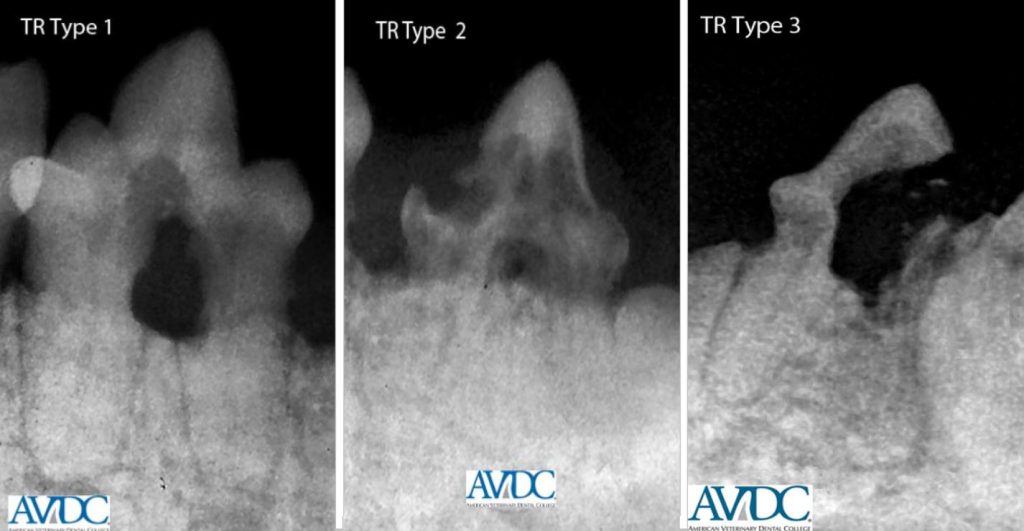Veterinary Dentistry in Blaine, MN
Gentle, thorough dental care for healthier smiles and happier pets.
Comprehensive Pet Dental Care You Can Trust
At Blaine Area Pet Hospital, we know that a healthy mouth means a healthier pet. That’s why we offer expert veterinary dentistry to help prevent, diagnose, and treat oral health issues before they impact your pet’s overall well-being. From professional cat and dog teeth cleaning to advanced oral surgery, our team delivers compassionate and comprehensive dental care to pets in Blaine, MN, and the surrounding areas.
Whether you’ve noticed bad breath or just want to maintain your pet’s oral health, our experienced veterinarians are here to help every step of the way.
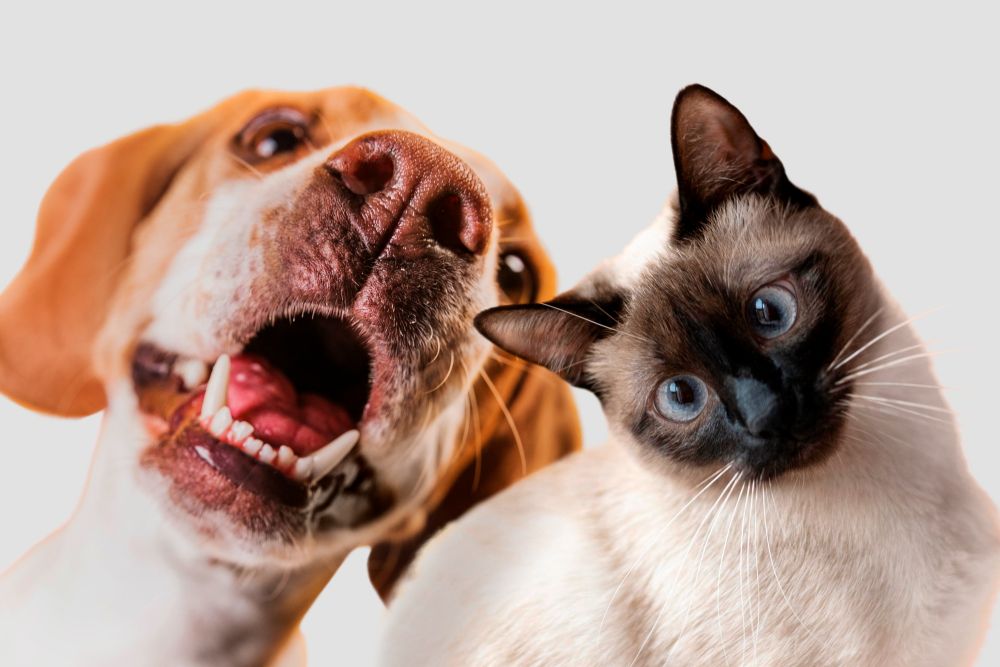
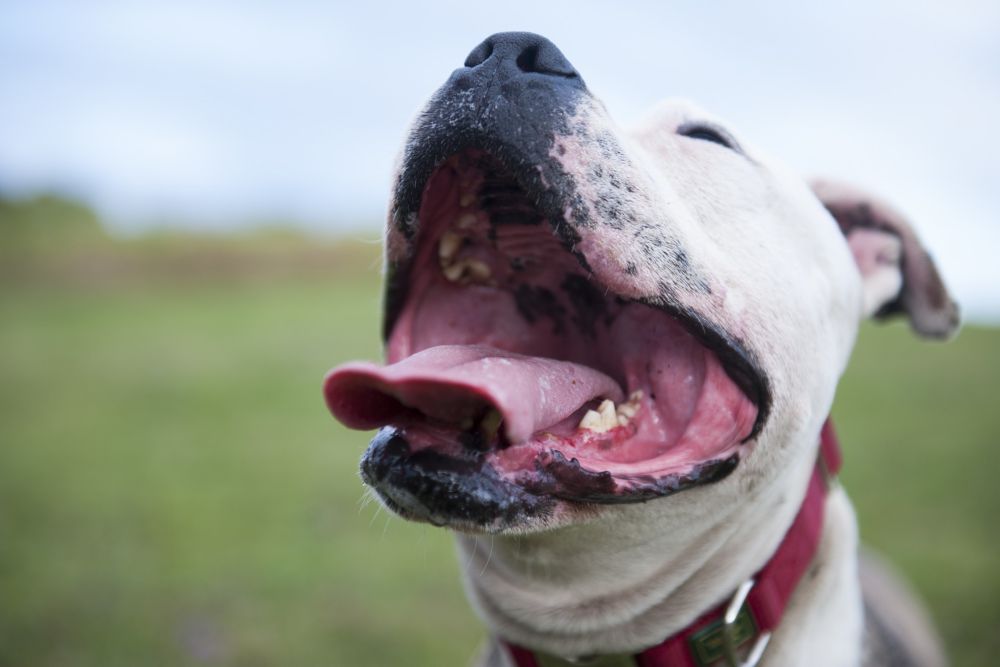
Why Dental Care Matters for Pets
Dental disease is one of the most common health issues seen in dogs and cats. Unfortunately, it often goes unnoticed until it causes significant discomfort or damage. Symptoms such as bad breath, drooling, pawing at the mouth, or difficulty eating can indicate underlying problems like gingivitis, periodontal disease, or tooth resorption.
Without regular dental care, these conditions can lead to pain, tooth loss, infection, and even systemic illness affecting the heart, liver, and kidneys. Routine exams and cleanings are essential in keeping your pet healthy from the gums up.
What to Expect During a Pet Dental Cleaning
Our dental cleaning services are performed under general anesthesia to allow a complete and pain-free evaluation and treatment of your pet’s oral health. Here’s what the process involves:
- Pre-anesthetic assessment — We perform bloodwork and a physical exam to ensure your pet is a safe candidate for anesthesia.
- Full mouth evaluation — We thoroughly examine each tooth and surrounding structures for signs of disease.
- Digital dental radiographs — These high-resolution X-rays allow us to see below the gumline and detect issues not visible during an oral exam.
- Ultrasonic scaling and polishing – We use advanced ultrasonic scalers to remove plaque and tartar, then polish each tooth to smooth the enamel and reduce future buildup.
- Extractions (if necessary) — If a tooth is damaged or diseased, we may recommend removal. Our veterinarians are trained in safe and humane extractions, ensuring your pet’s comfort throughout.
- Monitoring and recovery — Your pet’s vitals (including heart rate, blood pressure, respiration, oxygen saturation, CO₂, and temperature) are closely monitored by trained staff before, during, and after the procedure.
We perform dental procedures five days a week, giving pet owners flexible options for scheduling and follow-up care. We do not offer anesthesia-free dental cleanings; they are purely cosmetic and do not allow for the thorough examination and treatment needed below the gumline. Read why the American Veterinary Dental College advises against them.
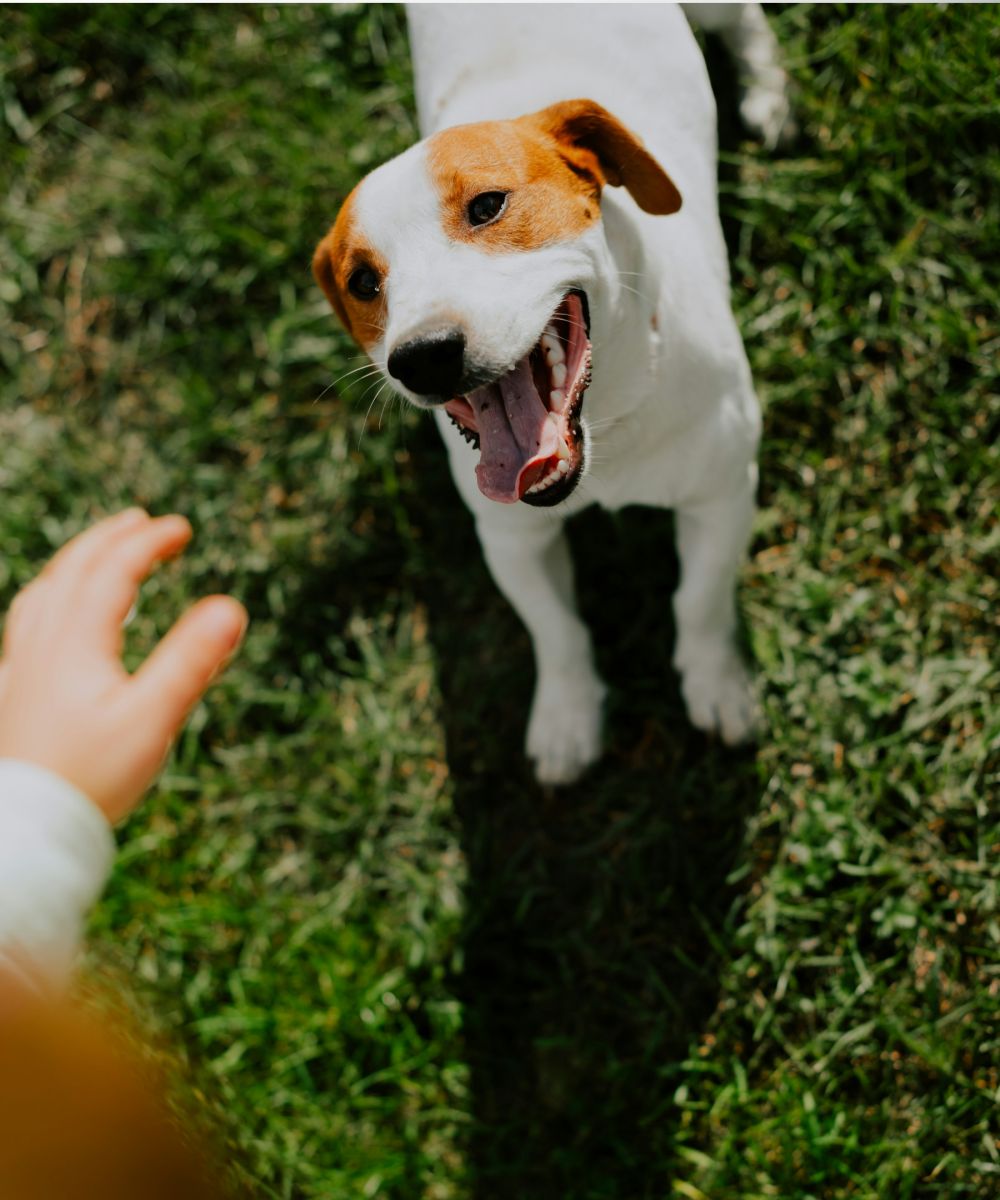
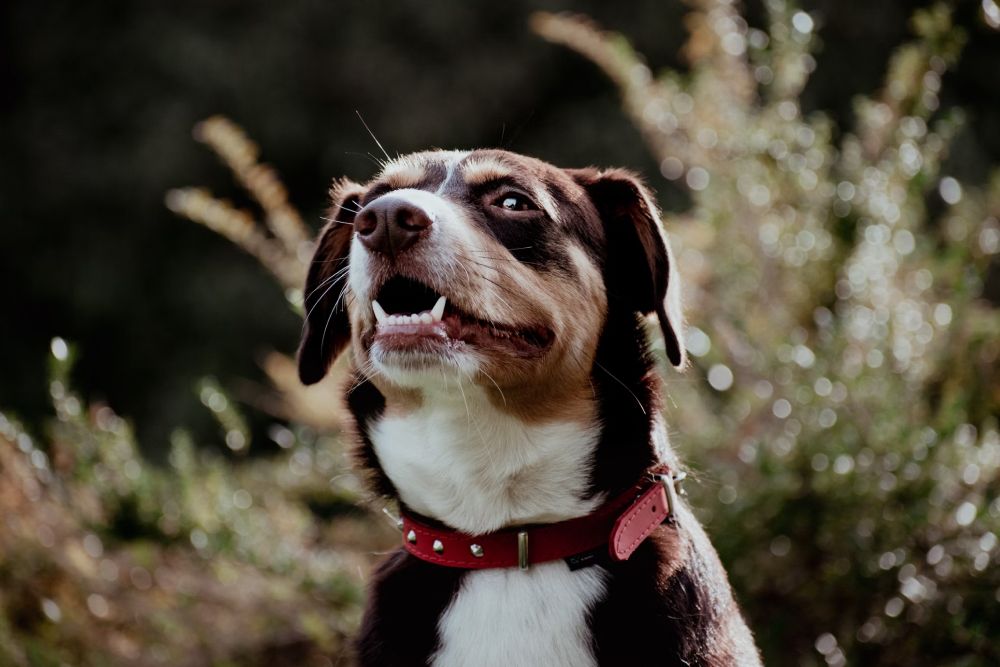
Advanced Equipment for Safer, More Accurate Care
Blaine Area Pet Hospital uses state-of-the-art technology for dental procedures, including:
- Digital dental radiographs for full-mouth imaging
- Ultrasonic scalers for efficient, gentle cleaning
- Modern anesthesia monitoring for enhanced safety
Supporting Oral Health at Home
Routine professional cleanings are essential, but maintaining your pet’s dental health starts at home. Here are some effective ways to care for your pet’s teeth at home:
- Daily brushing: Use a pet-safe toothbrush and veterinary-approved toothpaste. Brushing your pet’s teeth is the most effective way to reduce plaque and tartar.
- Dental chews and treats: Products like Greenies and Milk-Bone Brushing Chews can help mechanically clean the teeth while your pet chews.
- Dental diets: Specialized diets, such as Hill’s Prescription Diet T/D, are formulated to support oral health through kibble texture and ingredients.
- VOHC-approved products: The Veterinary Oral Health Council (VOHC) provides a list of products proven to help reduce plaque and tartar. Visit www.vohc.org to learn more.
We’re happy to recommend products that fit your pet’s specific needs, lifestyle, and preferences. Just ask during your next visit!
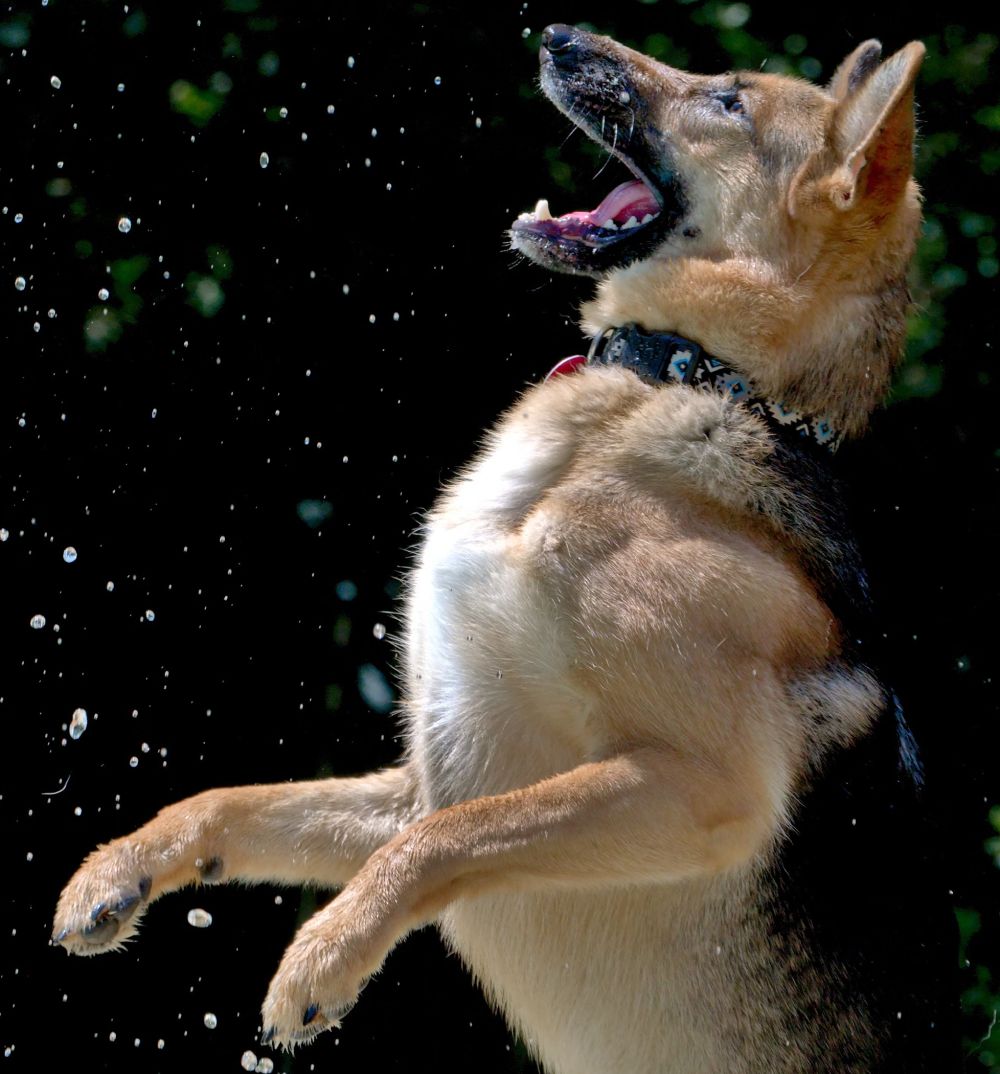
What Are Resorptive Lesions?
Tooth resorption (also known as a resorptive lesion) is a painful and progressive dental condition most commonly seen in cats, but it can also occur in dogs. This condition occurs when a pet’s body begins to break down and absorb the structure of a tooth, starting with the outer layers like cementum and dentin, and often progressing to the sensitive inner pulp.
While the exact cause of resorptive lesions is still unknown, they are not linked conclusively to diet, vaccination, or specific diseases. What we do know is that the condition causes significant oral pain and often goes undetected without dental X-rays, as the damage typically begins below the gumline.
Signs that your pet may have a resorptive lesion include:
- Difficulty eating or chewing on one side
- Drooling or dropping food
- Bleeding from the mouth
- Behavior changes due to pain
- Red or inflamed gums near the affected tooth
Radiographic Examples of Types of Tooth Resorption:
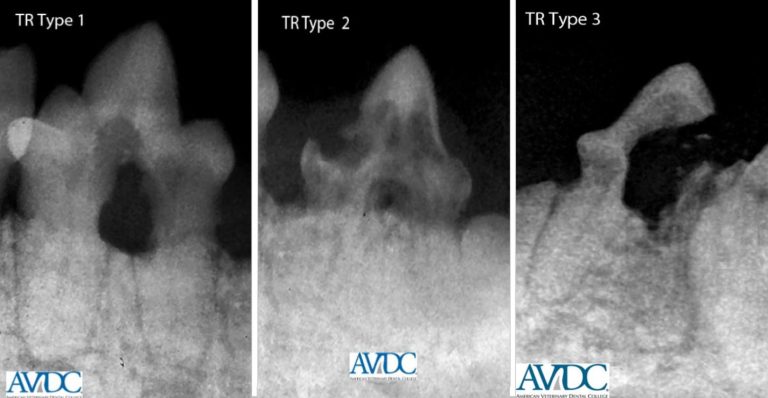
Veterinary Services in Blaine
Wellness Care
Vaccination
Surgery
Imaging
Dentistry
Microchipping
Parasite Prevention
Laboratory
Emergency & Urgent Care
Wellness Care
Vaccination
Surgery
Imaging
Dentistry
Microchipping
Parasite Prevention
Laboratory
Emergency & Urgent Care





